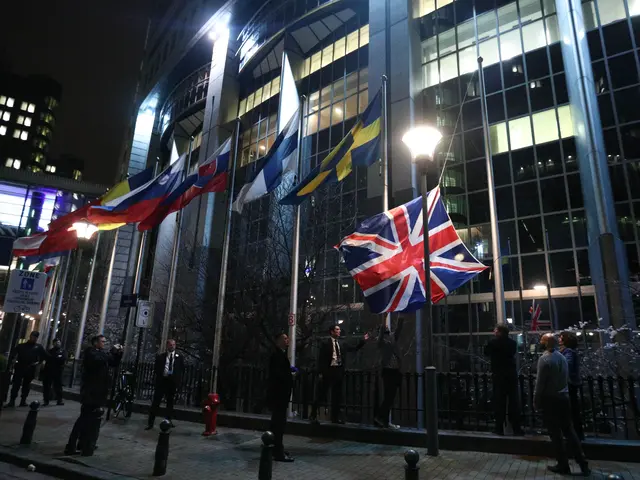Hopes of a major breakthrough in search for a post Brexit trade-deal between Britain and the European Union (EU) evaporated as the latest week-long round of formal negotiations ended here Thursday.
Although the EU's chief Brexit negotiator Michel Barnier warned time was running out, both sides have what he described as a matter of weeks to reach an agreement.
More talks are planned in August, but Barnier said a new deal has to be reached by October to enable it to be introduced before Britain ends a Brexit transition period on Dec. 31.
Despite comments from both sides about the difficulties ahead, some political commentators remained optimistic a last-minute solution would be reached.
Just two major issues are now separating both sides, the future of the fishing industry in the waters around the British Isles, and the EU's demand for "level playing field" to ensure that British companies do not enjoy a competitive advantage over businesses in the 27 EU member states.
Britain's chief Brexit negotiator David Frost said after talks broke-up Thursday afternoon that considerable gaps remained between both sides.
In a statement issued through 10 Downing Street, Frost warned that both sides must face the prospect of no agreement being reached. But Frost said despite the difficulties, his assessment was that agreement could still be reached in September.
Barnier, meanwhile, accused the British side of not showing the same level of commitment.
"If the UK does not move, a deal will be very difficult. But if they do shift a deal can be done in October, and it will need to be done at that point to meet other deadlines," he said at a press conference here, noting he will return to London next week for informal talks but there will be no formal negotiations until August.
Britain ended its membership of the EU on Jan. 31, but is sticking to the bloc's rules during an transition period ending on Dec. 31.
If there is no deal, Britain will have to trade with the EU on the World Trade Organization terms from Jan. 1, 2021.
 简体中文
简体中文

